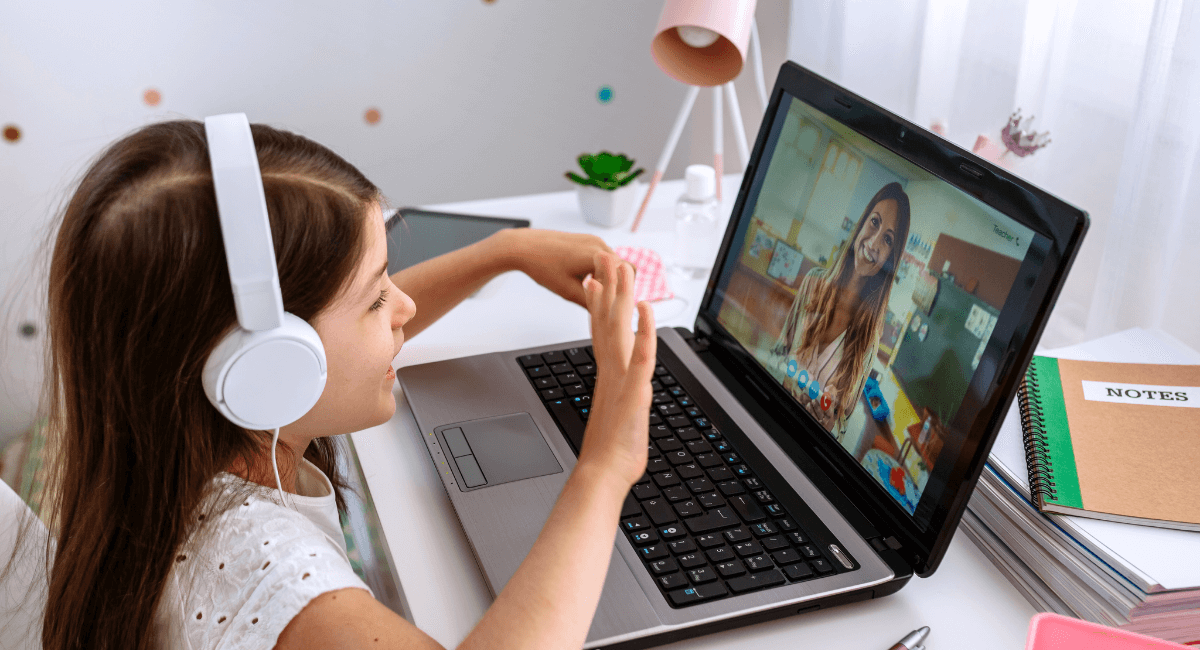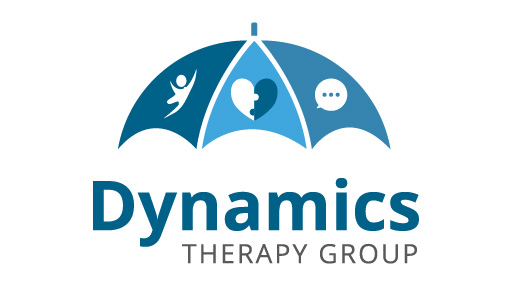
- Can Educational Therapy sessions be conducted online?
Yes, ET sessions can be held online while students are unable or advised not to attend sessions in person. This means that your child can have their ET sessions at your convenience!
Of course, there will be some differences between tele-sessions and face-to-face sessions. For example:
- There may be some changes to the activities or materials used. However, your child’s therapist will be able to provide suitable alternatives that meet the child’s needs.
- Depending on the age and abilities of the child, the therapist may request for a parent or caregiver to sit in during part of the session. This may be to help the child complete a task, or to stay focused.
Therapists can also suggest some activities for children to complete at home, and advise students on how best to manage their learning while they are unable to attend school.
- How can ET support home-based learning?
With the restrictions imposed by COVID-19, students have had to adapt to online learning, attend Zoom sessions and complete their work at home surrounded by other family members. ET may be useful to:
- Provide extra support for a skill or subject that a child finds more difficult.
- Prevent a child from falling behind while not attending school as usual and having access to their regular classroom routine and environment.
- Help a child make sense of an assignment, and suggest how best to complete it independently.
- Recommend ways for a child to structure their day, organise their study area and materials, and plan their time so as to complete all of their assignments punctually.
While working at home, where possible children should have access to a quiet and uncluttered study space. This area should be well-lit, free from distractions (such as toys or noise from a TV), and set up with all of the child’s stationery and school books within reach.
A visual schedule, timetable or timer may also be effective in helping students of any age to stay on track, be on time for group sessions, and feel that they are capable of completing their work without needing constant parental supervision. This may make for a more relaxed and productive home learning experience for both students and their parents!
Author: Victoria Hobbs, Educational Therapist


